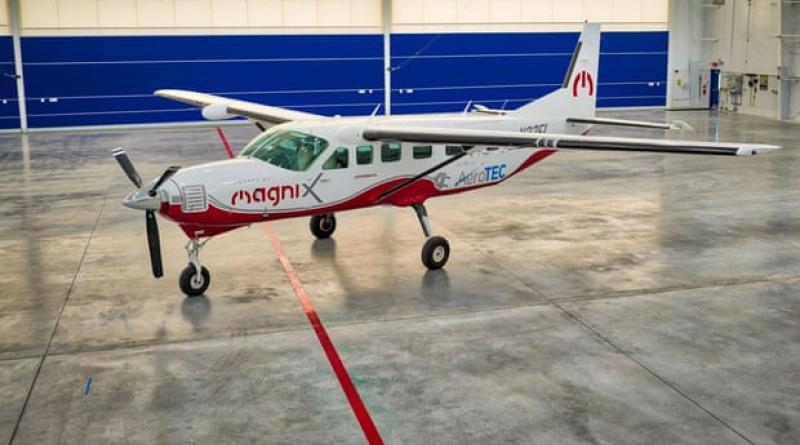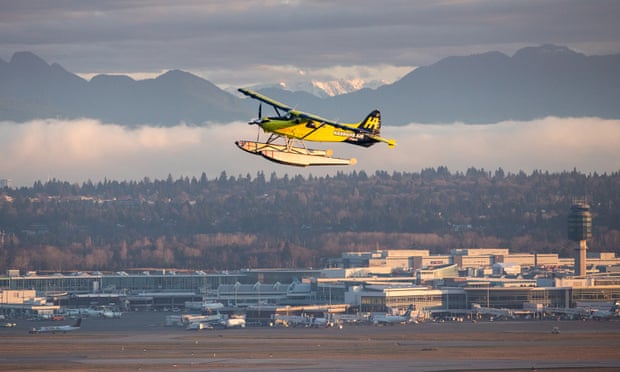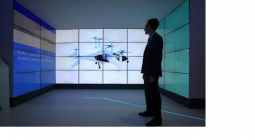World’s largest all-electric aircraft set for first flight.

The world’s largest all-electric aircraft is about to take to the skies for the first time.
The Cessna Caravan, retrofitted with an electric engine, is expected to fly for 20-30 minutes over Washington state in the US on Thursday.
The plane can carry nine passengers but a test pilot will undertake the inaugural flight alone, cruising at a speed of 114mph (183km/h). The engine maker, magniX, hopes the aircraft could enter commercial service by the end of 2021 and have a range of 100 miles.
Before the coronavirus pandemic, aviation was one of the fastest growing sources of the carbon emissions that are driving the climate emergency. Scores of companies are working on electric planes, although major breakthroughs in reducing the weight of batteries will be needed before large planes can fly significant distances on electric power alone. Other power sources being tested include hydrogen fuel cells and biofuels.

The aviation industry is heavily regulated to ensure safety but magniX hopes that by retrofitting an existing plane the certification process can be accelerated. A smaller seaplane powered by a magniX engine completed a short flight in December.
In June 2019, another company, Ampaire, flew an aircraft powered by a hybrid electric-fossil fuel engine over California. Analysts at the investment bank UBS said at the time that the aviation industry would move towards hybrid and electric engines for routes less than 1,000 miles long much more quickly than many thought.
Roei Ganzarski, the CEO of magniX, said current aeroplanes were both expensive to operate and very polluting. “Electric airplanes will be 40%-70% lower cost to operate per flight hour,” he said. “That means operators will be able to fly more planes into smaller airports, meaning a shorter and door-to-door experience, with no harmful CO2 emissions.”
Ganzarski said the company believed all flights of less than 1,000 miles would be completely electric in 15 years’ time. But he said: “Battery [energy] density is not where we would like to see it. While it is good for ultra-short flights of 100 miles on a retrofit aircraft and over 500 miles on a new design aircraft like the Alice, there is plenty of untapped potential in batteries. Now that the first commercial aircraft has flown all-electric, battery companies are starting to work more diligently on aerospace-ready battery solutions.”
Among the other companies developing electric aircraft are Zunum Aero, which is building a 27-seat plane with a 680-mile range, and the engine maker Rolls-Royce, whose Accel programme aims to produce the fastest all-electric plane to date. However, in April, Rolls-Royce and Airbus cancelled their plans for a hybrid electric aircraft. The German company Lilium is working on a five-seater jet-powered electric air taxi.
The Cessna Caravan being used by magniX is one of the world’s most used medium-range planes, with more than 2,600 operating in 100 countries. The first flight is set for 8am Pacific time (1500 GMT) on Thursday, weather permitting.
27 May 2020
The Guardian




